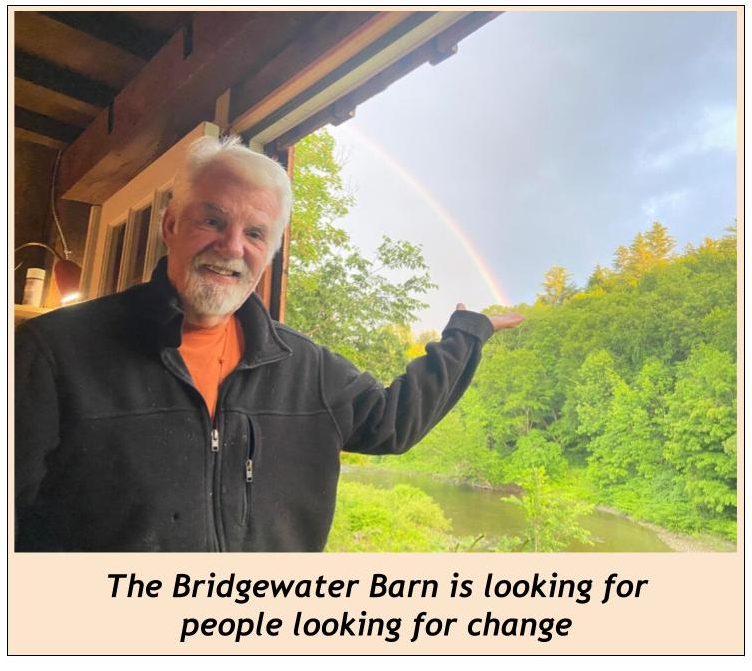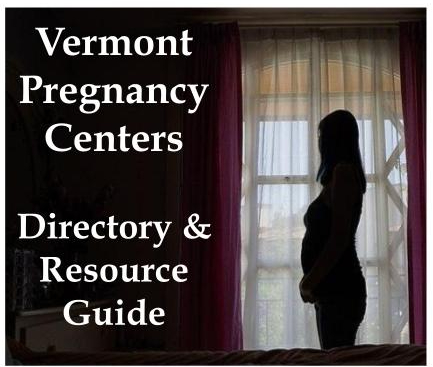By Guy Page
Conscience protection for health care providers unwilling to participate in abortion will face a more hostile work and legal climate if the Vermont constitutional amendment Proposal 5 passes next year, keynote speaker Helen Alvare told 200 attendees at the Life Symposium Saturday, Oct. 2 in South Burlington.
Alvare is a Professor of Law at the Antonin Scalia Law School, George Mason University, where she teaches Family Law, Law and Religion, and Property Law. Proposal 5 goes to the Vermont Legislature and voters next year. If approved, it would create Article 22 of the state constitution, titled “Personal Reproductive Liberty.” The text declares “that an individual’s right to personal reproductive autonomy is central to the liberty and dignity to determine one’s own life course and shall not be denied or infringed unless justified by a compelling State interest achieved by the least restrictive means.”
At about the 51:14 point in this ReBirth The Media You Tube video, medical ethicist Pete Gummere of St. Johnsbury asked Alvare to explain what ‘reproductive freedom’ means in a legal sense.
“It’s ironic that it’s called reproductive,” Alvare said. “Because the point is not to reproduce.” Prop 5 “means absolutely no limits whatsoever” on abortion, going far beyond what’s supported by Vermonters in general and the U.S. Supreme Court.
“At the very least it would be extraordinarily difficult to have the slightest child protection, women protection intervention. To say that you are leaving the woman alone is not hyperbole,” Alvare said.
And Prop 5 would make health care provider conscience protection far more difficult: “‘We in Vermont,’ the constitutional amendment would say, ‘feel so strongly about abortion that we put it in the Constitution.’ That’s rough going for principled conscience and people conducting it,” Alvare said. Hear this comment in Audio File:
That’s not to say all would be lost. Even a state constitution may be challenged in federal court. And federal courts have – until recently – consistently upheld religious conscience as protected right. “Sadly these days, it might depend on the predilection of the judge as to whether your conscience is protected.” Alvaro said.
Other points made by Alvare –
The U.S. government has a ‘shocking lack of curiosity’ about abortion-related health impacts. Other legal-abortion countries at least require reporting. Europeans know more women die of suicide after an abortion than after a live birth. The U.S. simply lacks the data.
“Why don’t we do what other democracies do and look into this?,” Alvares asks rhetorically.
It appears that pro-choice state governments don’t know and they don’t want to know. Only 27 states – virtually all of them historically pro-life – require reporting of abortion related health impacts. Elsewhere, such legislation is ignored.
And because the states don’t collect the information, the federal government is in the dark. Not that it’s very curious. Alvare reports that after making a formal request for information, she was told by a federal health care public information office, “we regret that we do not have any material available.”
“This is a shocking lack of curiosity,” Alvare said.
The federal government’s abortion data are “Not of high quality, incomplete and perhaps most damning, highly incurious. Which is very curious.”
Information the government does collect – the annual number of abortions – disprove pro-choice claims linking abortion to economic freedom.
Abortions peaked in the late 1980s, at about 1.67 million abortions per year. Since 1990, abortions have declined by 45%. Yet the number of women working has soared, as have college education, earnings, business ownership, and appointments to the federal bench.
“Women’s progress has proceeded independently to their access to abortion,” Alvare concludes.
Alvare also drilled down on the status of the medical ethics question, “is the fetus a human life deserving of protection under the law?”
“No-one says this is not of the human species and this is not alive,” Alvare said. Instead, another idea has gained acceptance: “because it is small and because it is vulnerable and because it is family, I can kill it.”
“The real choice,” Alvere concluded, “is what vision of human life do you choose to adopt?”
Alvere finds it curious that the devaluation of the unborn is so strong at a time when the historically dispossed – blacks, immigrants – are receiving unprecedented support.
“Just because we have cut some people out the equation, don’t fall for the fallacy of the present. We are stuck in this situation of excluding one community. Let’s hope it won’t last much longer.”
Support Vermont DailY Chronicle TODAY for $9/MONTH
Categories: Life&Death







Another great article – I certainly hope that articles such as this and the one published yesterday make it into NON-Conservative papers & magazines all around Vermont. VT is cloaked by very dark forces and citizens must fight to bring it back into the light.
The language of Proposal 5 is a veritable Pandora’s Box of legal problems and threats to our liberty. Considering who drafted the language, we should not be surprised.